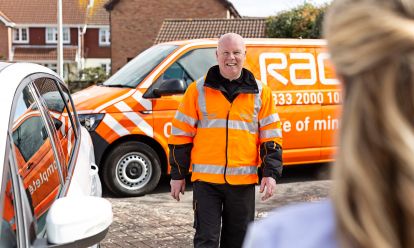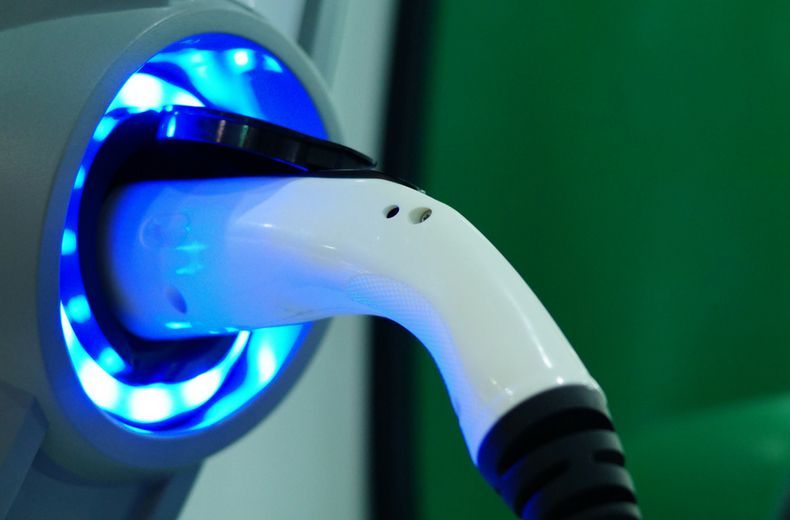A survey commissioned by The Motor Ombudsman has revealed that 48% of UK car owners are concerned about owning a fuel powered vehicle due to record petrol and diesel prices – leading them to making the shift to owning a battery powered car as their next vehicle purchase.
According to recent data, the cost of filling up an average family car with a 55-litre fuel tank recently hit more than £100 for the first time.
The survey of more than 2,000 UK car owners revealed that individuals aged between 16 to 24 (64%), and those living in Greater London (65%) are amongst the most worried about petrol or diesel vehicles.
The study also found that, nationally, a similar proportion of male and female drivers (46% and 49% respectively) are apprehensive about owning a petrol or diesel vehicle at a time of soaring prices on the nation’s forecourts.
In recent years, the road to electric has accelerated at speed – with more drivers considering the benefits of switching to EVs.
If you are looking at buying an EV for your next vehicle, this guide on electric cars will provide all the information you will need.
Also, to keep an eye on the average cost of charging your electric car at a public chargepoint, check out RAC Charge Watch.
Like thousands across the UK, if you have already made the switch, check out the UK’s number 1 for electric car breakdown cover.
Also, the research revealed that out of those respondents who stated they were worried about owning a car running solely on conventional fuel, and favoured a move to plugging in when buying their next vehicle, a quarter of male drivers estimated that they would be purchasing an electric car within two to three months.
‘Generation Z’, i.e., those individuals falling into the 16 to 24 category, also led the charge in terms of being the fastest to make the swap to electric out of any other age group, with 33% stating that a change could be on the cards within eight to twelve weeks.
When looking at the results from a nationwide perspective, the study found that the city of Leeds had the biggest proportion of people (27%) who wished to leave pure petrol or diesel power behind within a two-to-three-month period.
Similarly, around a fifth of those living in London and Manchester said that they would consider getting behind the wheel of an electric vehicle within four to six months.
Bill Fennell, Chief Ombudsman and Managing Director of the Motor Ombudsman, said: “With fuel costs at unprecedented levels, and the likelihood of further increases coming, as we approach the height of summer, it is clear from our survey findings that the prospect of electric vehicle ownership is becoming increasingly attractive.”
- How to save fuel – the ultimate guide
- How to save money as a driver – top 30 tips
- 20 ways to make your car last longer
RAC Breakdown Cover
Join the RAC and get breakdown cover. Our patrols fix 4 out of 5 vehicles on the spot, with repairs done in just 30 minutes on average.


The RAC’s Electric Cars hub has all the latest news and guides for this growing industry. Whether you are looking for the best EVs, research on what it is like owning an electric car, or the costs associated with these new vehicles, we have all the information you need.
Are you looking at purchasing an EV for your next car? Let us know why below.










